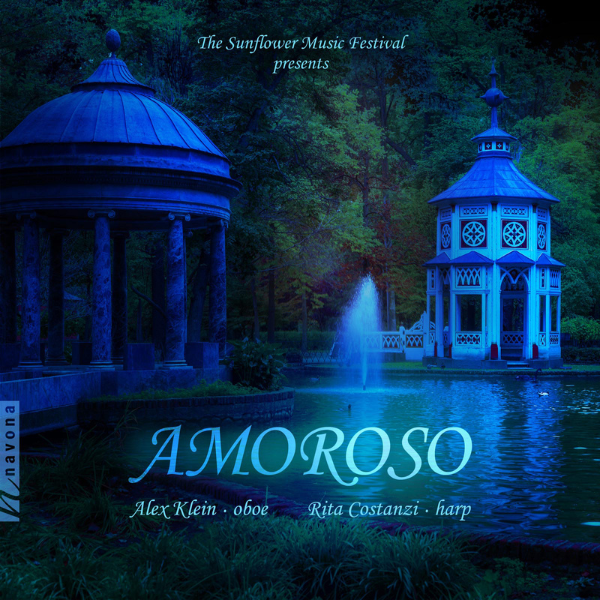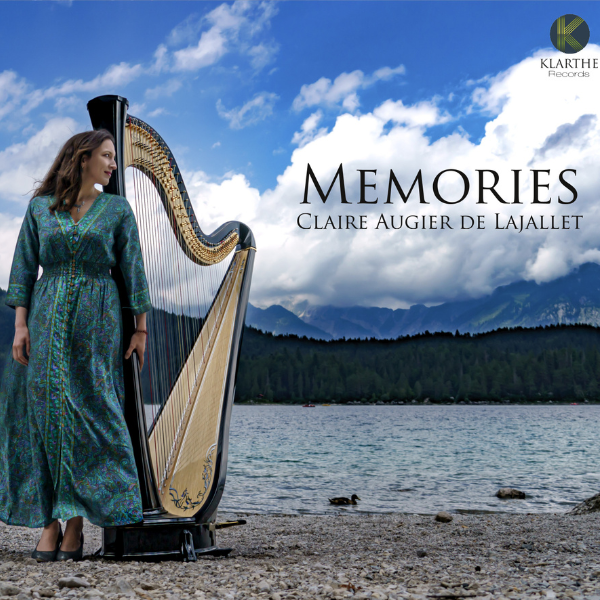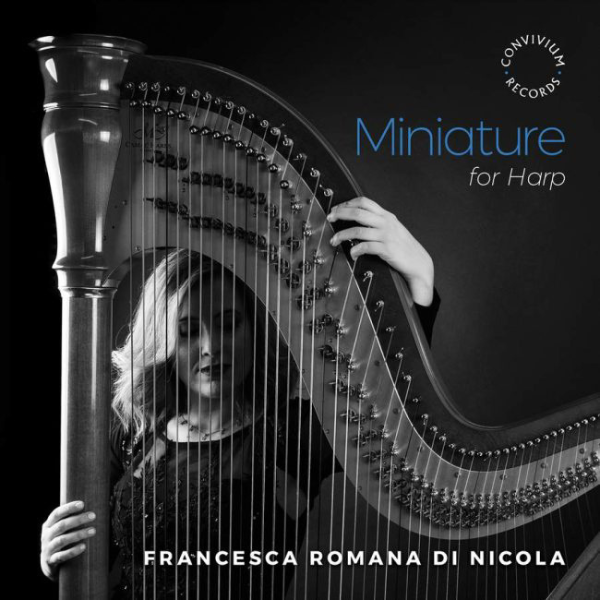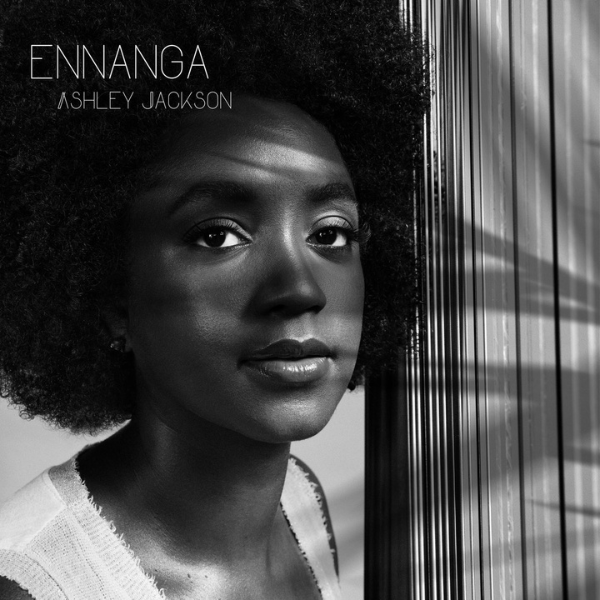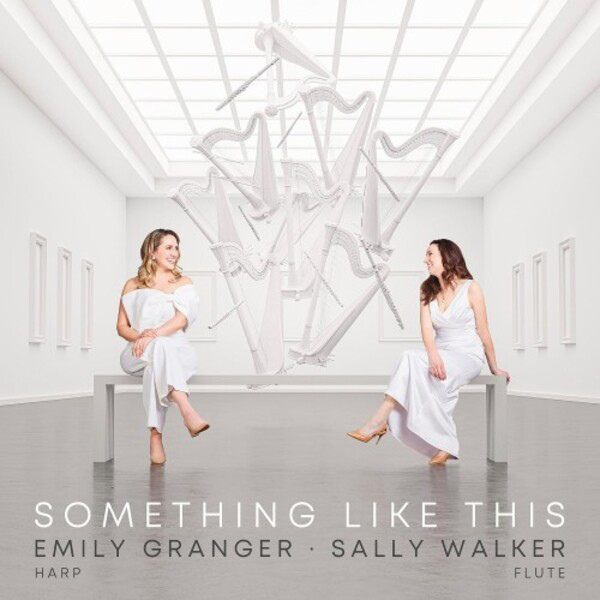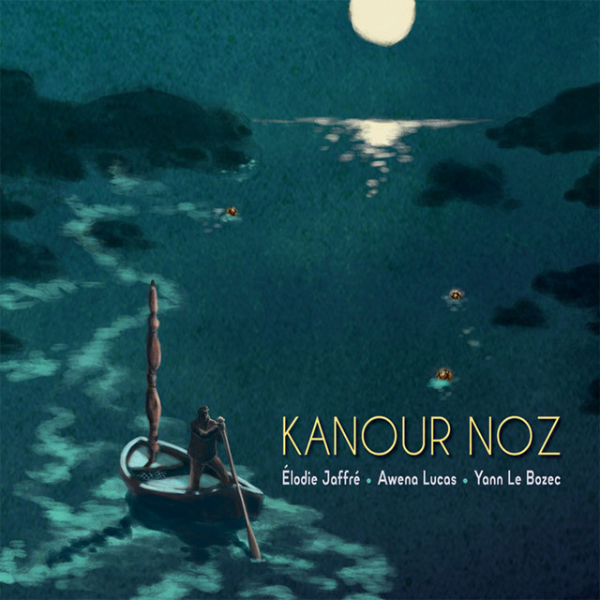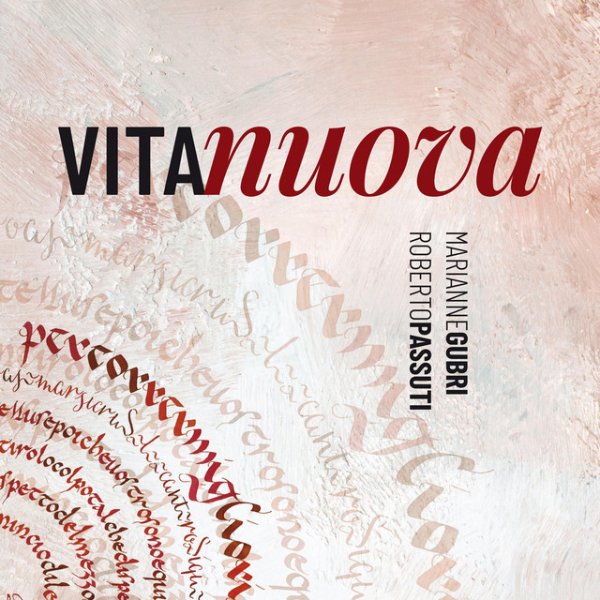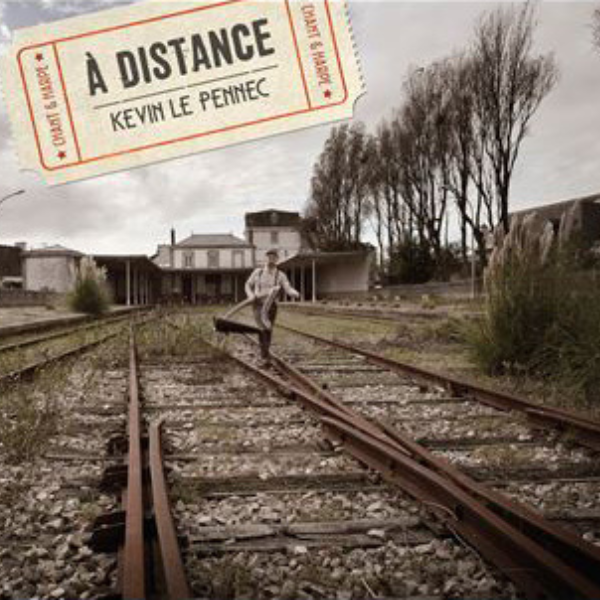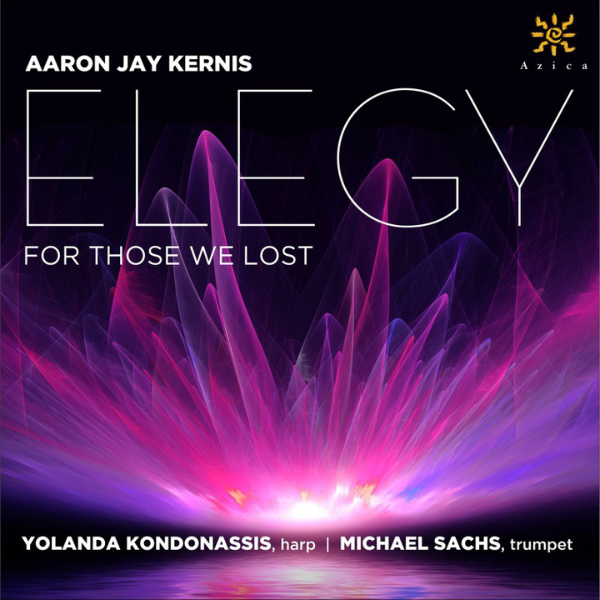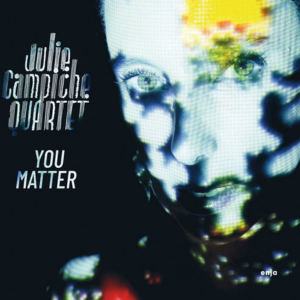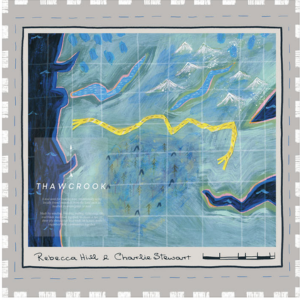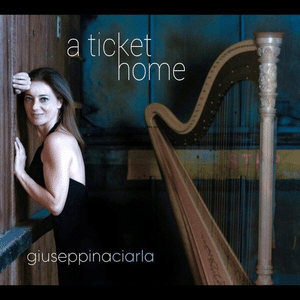
8/10
Giuseppina Ciarla, harp and voice. Self-released, 2021.
Italian harpist Giuseppina Ciarla (and the longtime principal harp of Sarasota Opera) likens her growth as an artist to cultivating a favorite houseplant, lovingly protected from the elements as well as the prying eyes of critics. But the time has come for her to lift the shades and bring the now thriving and very individual brand of music making out into the fresh air. And it’s a pure gift from the heart. Born out of the pandemic, A Ticket Home combines Ciarla’s inventive arrangements with her buoyant and expressive mezzo voice.
Beginning with a purely instrumental arrangement of Astor Piazzolla’s haunting milonga, Oblivion, she stakes out territory, marking a sacred space for exploration, and maybe more importantly, defining what “home” might mean. Is it a refuge, a safe place, somewhere comforting? Or is it more like reaching into the past, to times that were better? The milonga has been described as a kind of rhythmic walking, and Ciarla emphasizes the subtlety of rhythm in delicate variations, knocking the wood, introducing harmonics, and bursting into grand arpeggios that encompass wild and untamed emotion.
Continuing this theme, Ciarla offers a freewheeling version of the post-war hit “In Cerca di Te,” her floaty and dreamy vibrato for the lover walking the city streets alone, unable to shake the memory of her first love; she sassily breaks into scat at one point. Eden Ahbez’s “Nature Boy” provides a canvas for the artist to let loose and improvise to introduce a simple melody. Ciarla leaves nothing on the table, casting a magic spell—before ever uttering the word “enchanted”—with virtuosity that is at once loose and expanding. The best surprise is saved for the last minute when a menagerie of instruments joins in.
Ciarla opens the eloquent and heartbreaking Ennio Morriccone/Joan Baez “The Ballad of Sacco and Vanzetti” with an underpinning of protest that evaporates to leave her soulful voice alone, pleading for the wrongly accused who face execution. Building to a crescendo, gentleness expands, becoming strident and strong. One of the most creative bits of the disc is Michael Jackson’s “Billie Jean,” beginning as an alluring solo prelude, then almost without our knowing, shape-shifting into a smooth groove. You’ll never listen to this hit the same way again.
“Que Será, Será” and “Maria, Marì” are two pieces perfectly chosen for this album, Ciarla less a musician supporting her voice with harp than a duo, two fully developed performers melded together as if a mini orchestra. “Preghiera” (Prayer) and “L’Invasione di Farfalle” (Butterfly Invasion) are original compositions by Ciarla, highlighting the exceptional skill of this gifted and ingenious musician with verses that call for a widening and unexpected accompanimental palette in addition to expressive lines, just right for her striking poignancy.





